Addiction In The Elderly
Senior Citizens And Substance Abuse
Substance abuse among the elderly (adults over the age of 60), particularly of alcohol and prescription drugs, is one of the fastest-growing health problems in the United States.
Addiction among people 65 and up is often underestimated and under-diagnosed, which can prevent them from getting the help they need.
Alcohol and prescription drug abuse affects up to 17% of adults over the age of 60 per the National Institute on Alcohol Abuse and Alcoholism (NIAAA). Due to insufficient knowledge, limited research data, and hurried office visits, health care providers often overlook signs of substance abuse among the elderly. This is made worse by the fact that the elderly often have medical or behavioral disorders that mimic symptoms of substance abuse, such as depression, diabetes, or dementia.
According to the Office of Alcoholism and Substance Abuse Services, substance abuse among senior citizens can be classified into two general forms: the “hardy survivor,” or those who have been abusing substances for many years and have reached 65, and the “late onset” group, which is those who form addictions later in life. Regardless of how old you are or when your addiction started, there are treatment options available to help you get back on a healthy path.
Common Questions About Rehab
Causes Of Addiction In The Elderly
There are several things that could contribute to someone turning to substance abuse later in life. These could be health-related issues or life-changing events that take an emotional toll. These events may provoke substance-abusing behavior that can result in a full-scale addiction.
Potential triggers or causes for drug or alcohol addiction in the elderly include:
- Retirement
- Death of a family member, spouse, pet, or close friend
- Loss of income or financial strain
- Loss of purpose
- Relocation or placement in a nursing home
- Trouble sleeping
- Family conflict
- Mental or physical health decline (depression, memory loss, major surgeries, etc.)
The Dangers Of Substance Abuse In The Elderly
Drug or alcohol abuse among the elderly is particularly dangerous because senior citizens are more susceptible to the deteriorating effects of these substances. Individuals over 65 have a decreased ability to metabolize drugs or alcohol along with an increased brain sensitivity to them. This makes it dangerous for seniors to use drugs or alcohol at all, even if the person isn’t addicted.
Benzodiazepines, which are used to treat anxiety, pain, or insomnia, are some of the most dangerous prescription drugs for seniors. These are generously prescribed and highly addictive. The rate of senior citizens addicted to Benzos has increased every year.
Challenges In Identifying Addiction In The Elderly
Alcohol or drug abuse may actually mimic symptoms of other medical or mental health disorders. This makes it easy for doctors who encounter an older patient to chalk up declining mental or physical health to old age.
Not long ago, a medical colleague referred a 67-year-old woman to me with mild depression, weakness, and complaints of short-term memory loss. Her physician told her there was no clear medical explanation for her symptoms, given that her physical exam, exhaustive lab tests, and brain M.R.I. were all normal… The problem, I soon discovered, was that her alcohol consumption had tripled since the death of her husband a year earlier. She did disclose to her internist that she drank but minimized the amount. She had turned to alcohol, self-medicating her grief, but it only worsened her mood and impaired her memory, typical of alcohol’s effects on the brain.
Looking for a place to start?
Join the thousands of people that have called a treatment provider for rehab information.
Free and confidential
Available 24/7
Access to professional treatment
Symptoms Of Addiction In Senior Citizens
As people get older, their mental health, physical health, and personal relationships may start to deteriorate. Although addiction may be more difficult to recognize in this demographic, it’s important to pay attention to any unusual signs your elderly loved one displays.
Some signs of drug abuse include:
- Memory problems
- Changes in sleeping habits
- Unexplained bruises
- Irritability, sadness, and depression
- Unexplained chronic pain
- Changes in eating habits
- Wanting to be alone often
- Failing to bathe or keep clean
- Losing touch with loved ones
- Lack of interest in usual activities
Once an addiction is identified, it is critical to seek out a treatment center that has specific experience working with seniors facing addiction.
You should look for programs that specialize in this type of addiction and also offer case management services, as individuals over 65 typically lack the social support required throughout recovery. These case management services will provide the elderly with access to medical, psychiatric, and social resources to allow for a healthy lifestyle to continue after treatment.
Online Addiction Counseling
Get professional help from an online addiction and mental health counselor from BetterHelp.
- Access to Therapy 24/7
- Easy Online Scheduling
- 20,000+ Licensed Therapists
Paid Advertising. We may receive advertising fees if you follow links to the BetterHelp site.
Per the American Society of Addiction Medicine (ASAM) consensus panel, the following are recommended as effective treatment approaches for older adults in substance abuse treatment:
- Cognitive behavioral approaches
- Group-based approaches
- Individual counseling
- Medical/Psychiatric approaches
- Marital and family involvement/family therapy
- Case Management/Community-linked services and outreach
Elderly Abuse Statistics
17
percent
17% of people in the United States over 65 years old have abused prescription medications, according to the Office of Alcoholism and Substance Abuse Services.
30
percent
Approximately 30% of adults over 65 are given some type of prescription medicine, according to the National Council on Alcoholism and Drug Dependence.
1
drink
According to the NIAAA, men and women aged 65 or older should consume no more than 1 drink daily and a maximum of 2 drinks on any occasion.
Get Help Today
The alarming rate at which individuals 65 years of age and older are developing addictions to various substances is certainly reason for concern and something that should not be ignored by medical professionals, caretakers, or family members. If you or someone you know is struggling with addiction issues later in life and needs help finding a treatment program, contact a treatment provider today.
Published:
Author
Jeffrey Juergens

-
Jeffrey Juergens earned his Bachelor’s and Juris Doctor from the University of Florida. Jeffrey’s desire to help others led him to focus on economic and social development and policy making. After graduation, he decided to pursue his passion of writing and editing. Jeffrey’s mission is to educate and inform the public on addiction issues and help those in need of treatment find the best option for them.
- More from Jeffrey Juergens
Reviewed by Certified Addiction Professional:
Theresa Parisi

Theresa Parisi is a Certified Addiction Professional (CAP), Certified Behavioral Health Case Manager (CBHCM), and International Certified Alcohol and Drug Counselor (ICADC) with over 12 years of experience in the addiction treatment field.
- More from Theresa Parisi
Sources


Recovery Starts Today
Call Now For Addiction Support
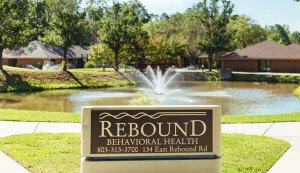
Rebound Behavioral Health Hospital
Lancaster , SC

Lynchburg Comprehensive Treatment Center
Lynchburg , VA

New River Comprehensive Treatment Center
Galax , VA
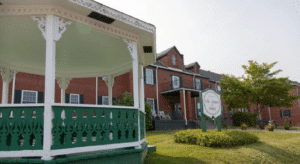

Recovery Centers of America Capital Region
Waldorf , MD
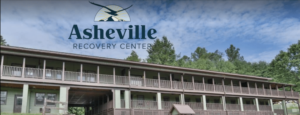

Recovery Unplugged – Harrison House of Northern Virginia
Annandale , VA

Banyan Treatment Centers – Delaware
Milford , DE
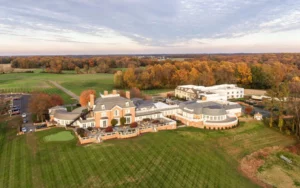
Recovery Centers of America at Bracebridge Hall
Earleville , MD
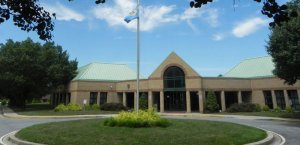
MeadowWood Behavioral Health
New Castle , DE
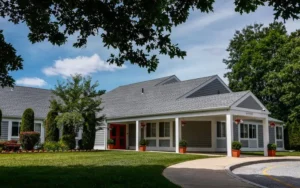
Recovery Centers of America at Lighthouse
Mays Landing , NJ

Boca Recovery Center – New Jersey
Galloway , NJ
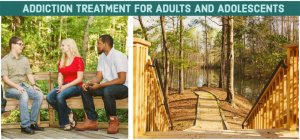
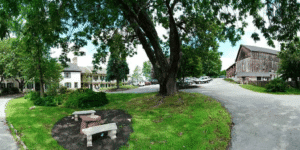
Bowling Green Brandywine
Kennett Square , PA

New Hope Healthcare Institute
Knoxville , TN
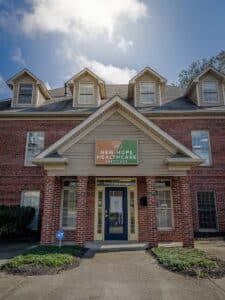
New Hope Healthcare – Teen Rehab
Knoxville , TN